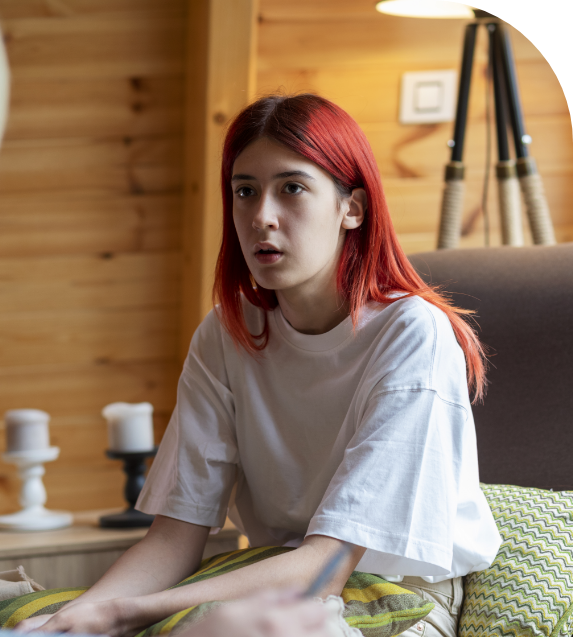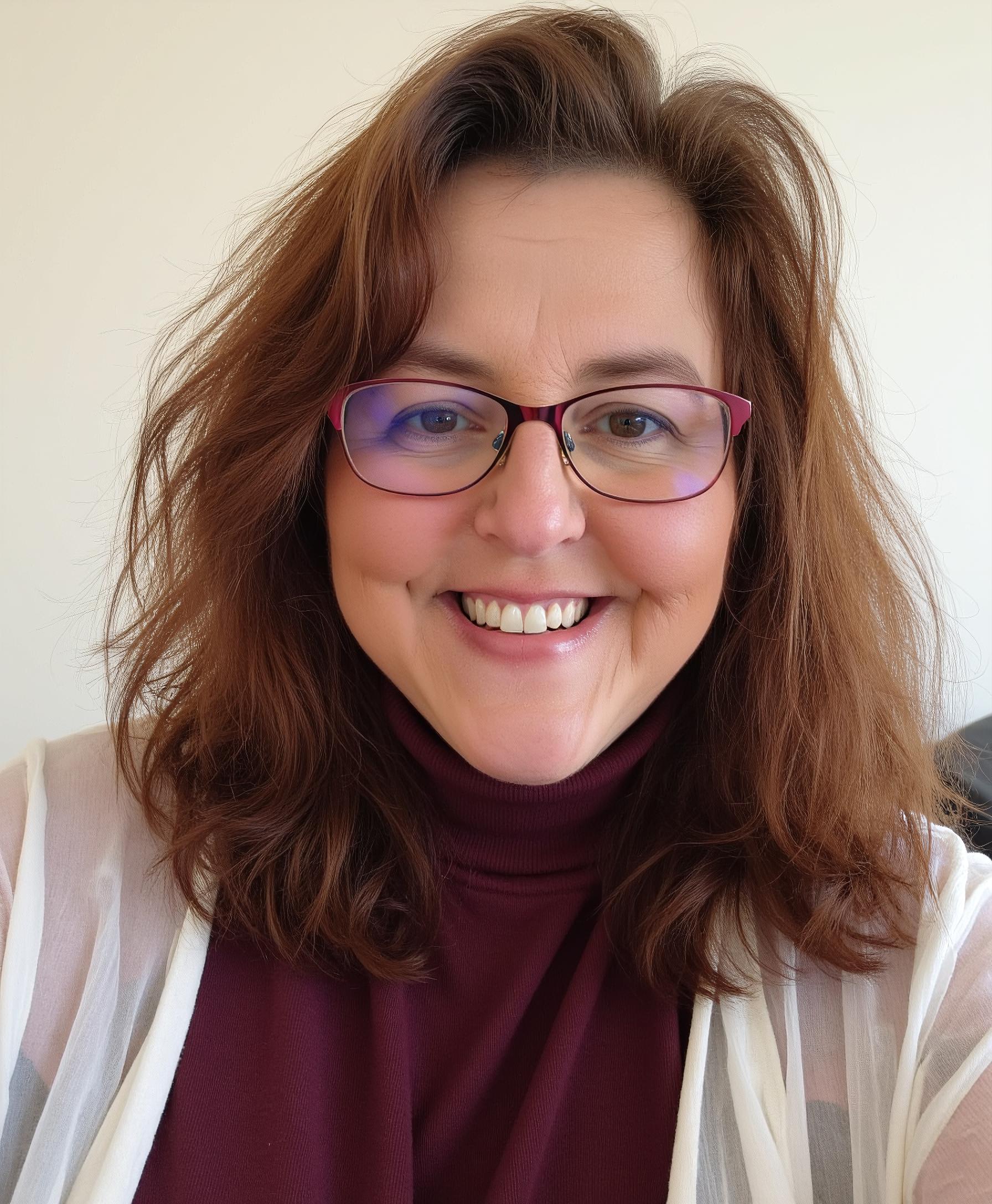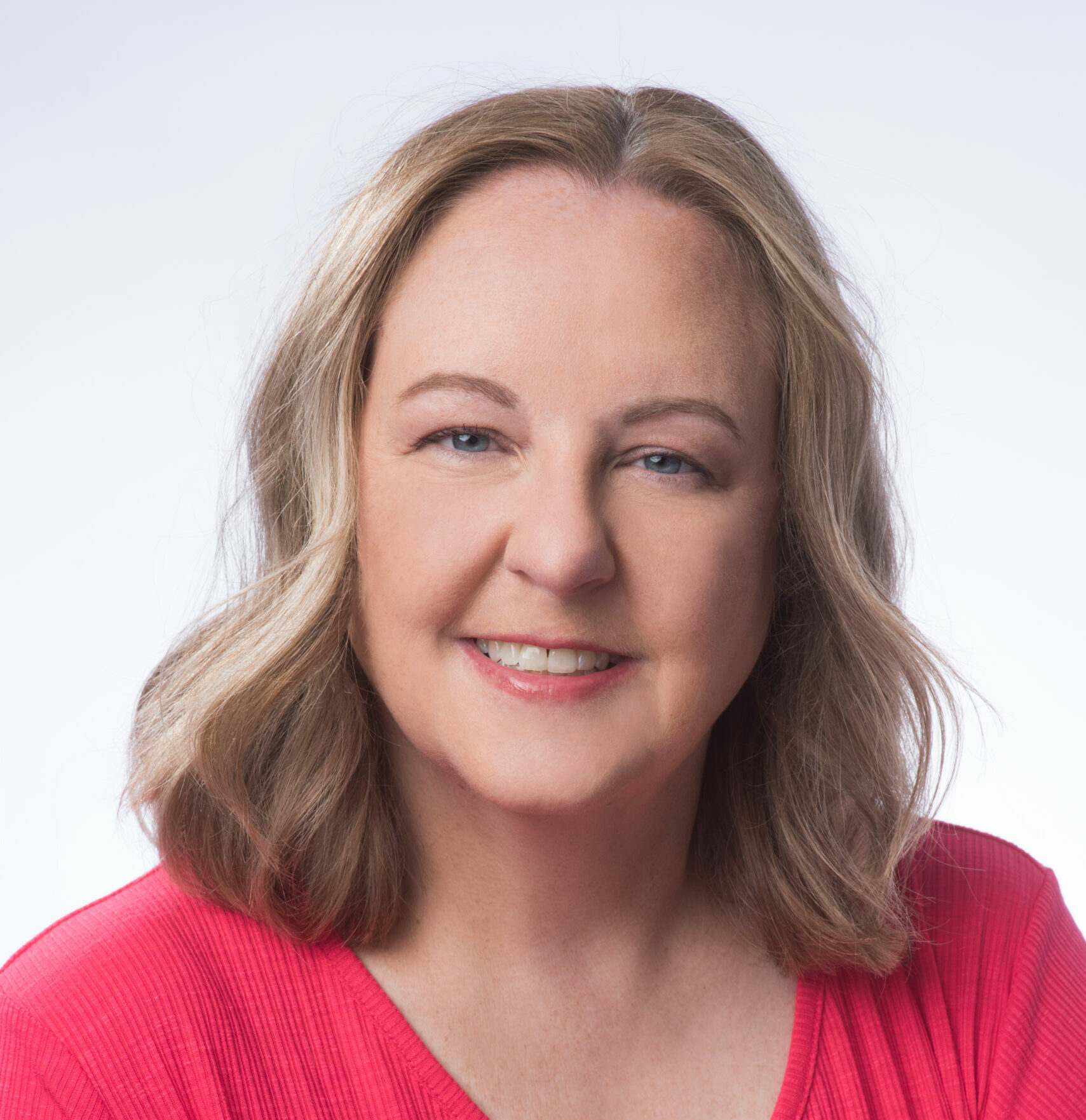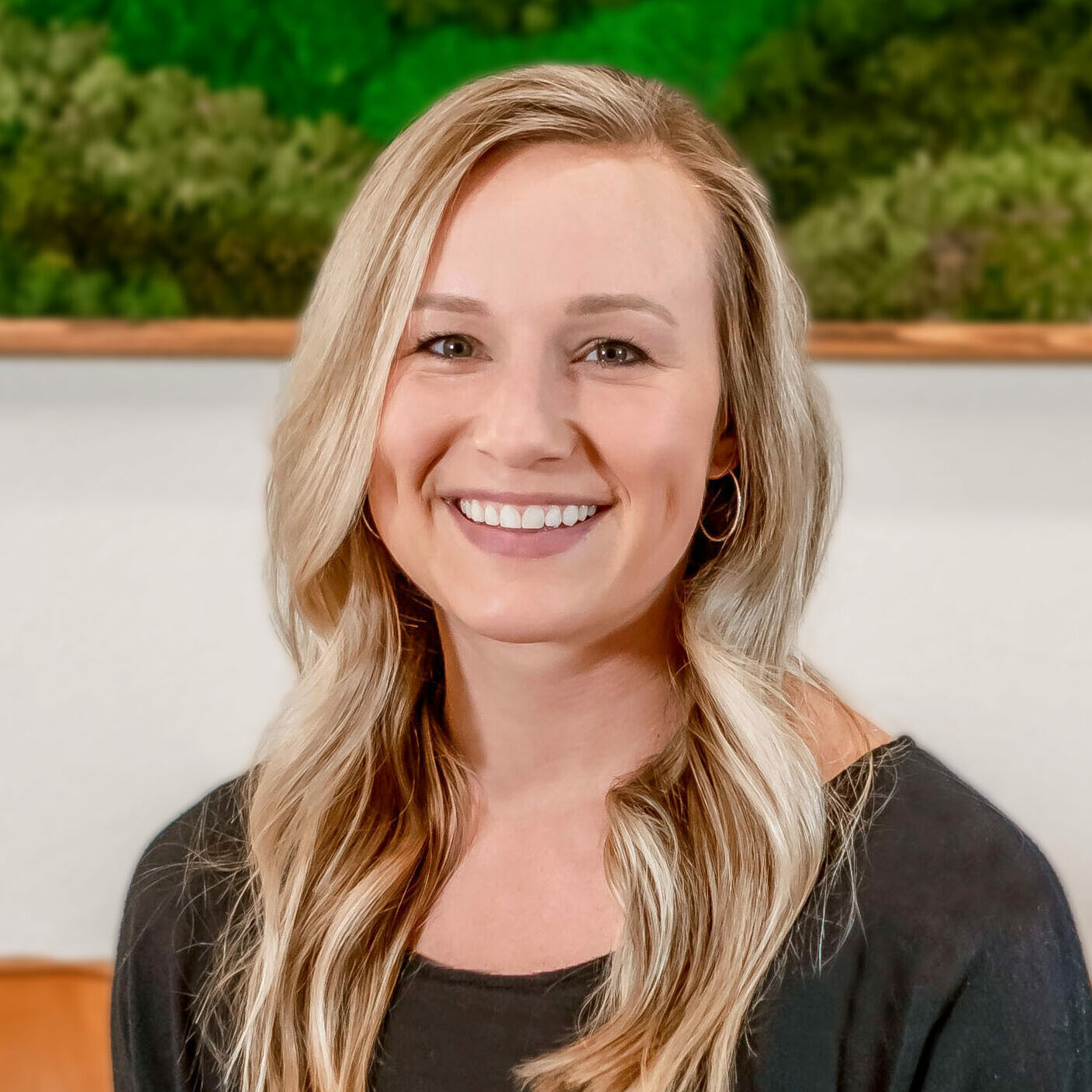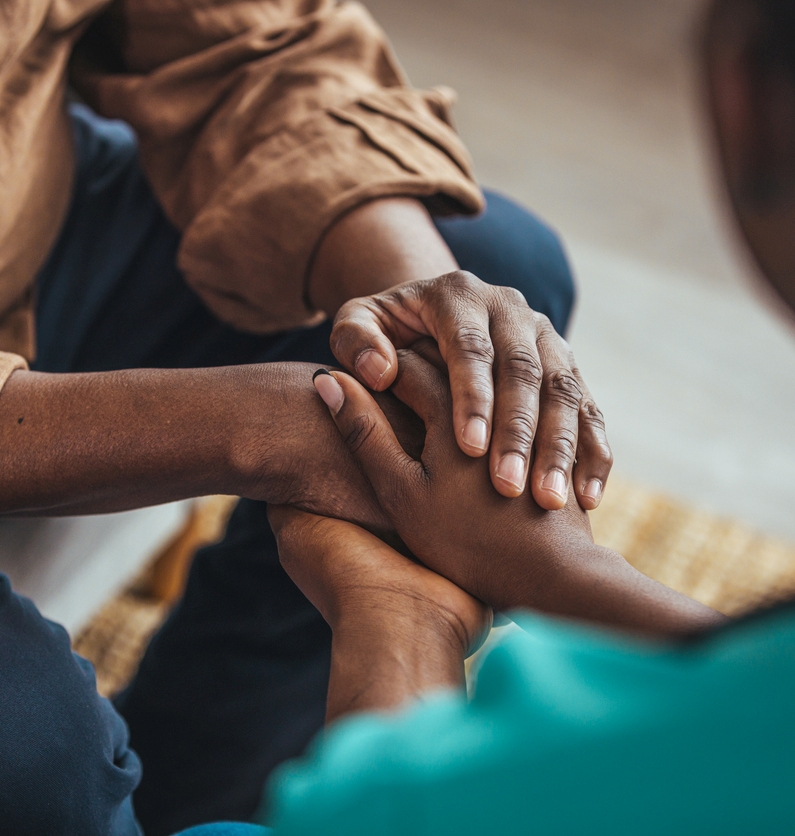News & More
Discover Insights on Mental Well-being
Explore our informative blog articles to delve into a wealth of knowledge and insights. From the latest developments in integrative psychiatry and functional medicine to practical tips for holistic well-being, our blog empowers and educates.
What Are 5 of the Most Common Life Stressors?
Life stressors affect everyone at some point. Some feel temporary, while others create long-term impacts on our emotional and physical […]
Read More
What Is Talk Therapy and Is It Effective?
Talk therapy, also known as psychotherapy, plays a key role in the treatment of mental health conditions by encouraging individuals […]
Read More
Addressing Depression With Integrative Psychiatry
Depression affects millions of individuals worldwide, regardless of age, gender, and socioeconomic status. While conventional treatments such as medication and […]
Read More







